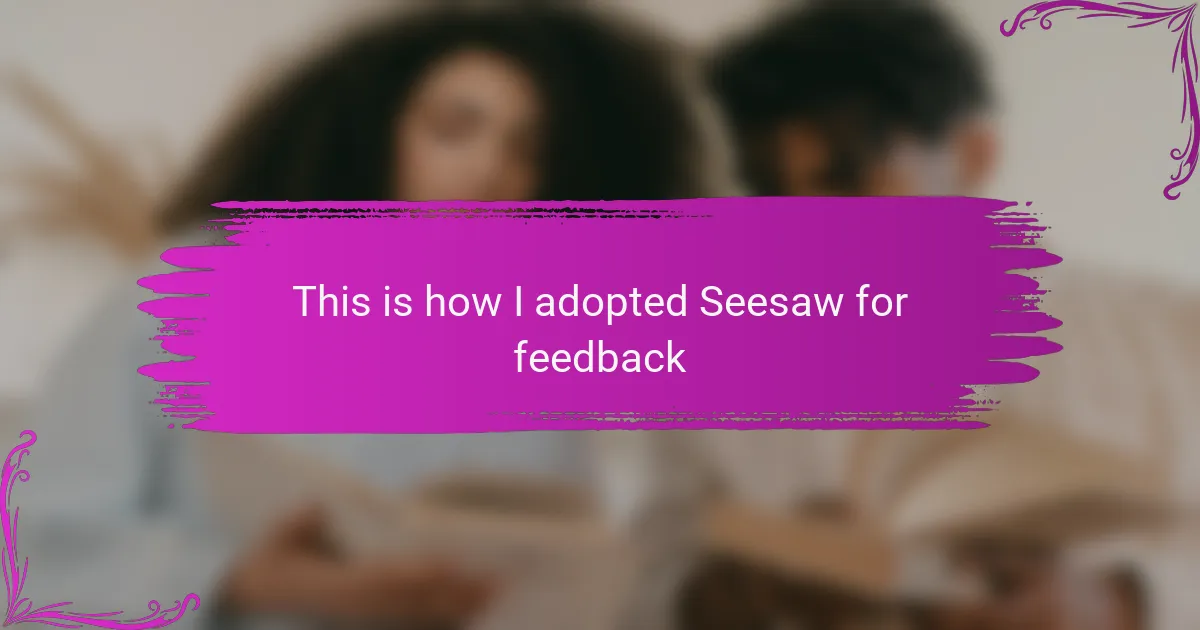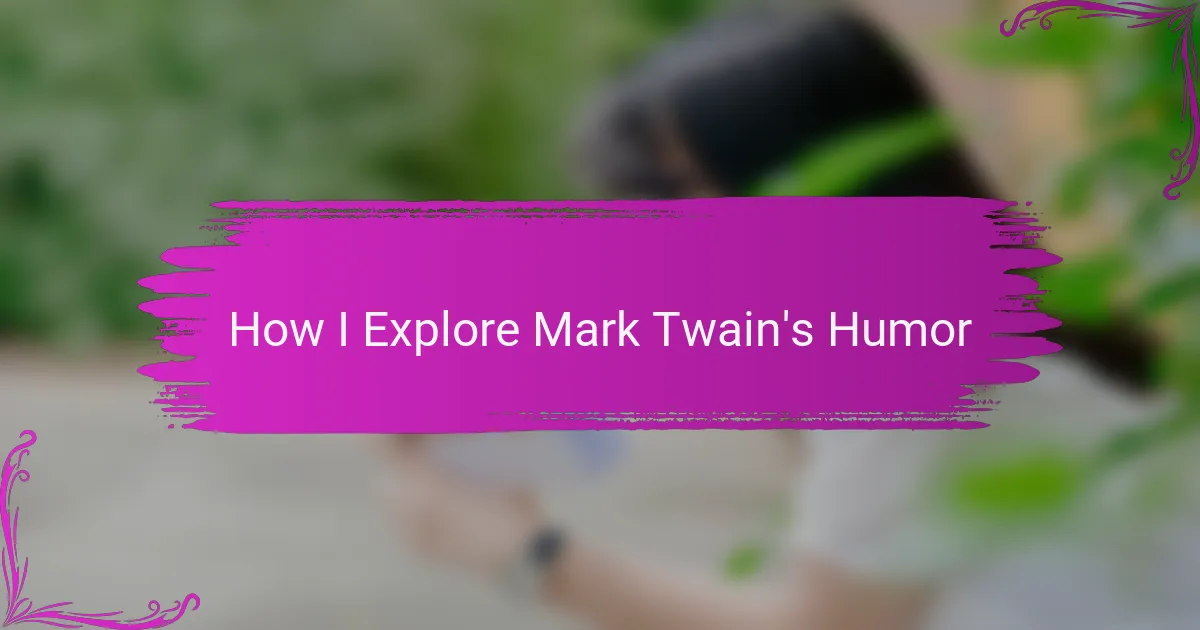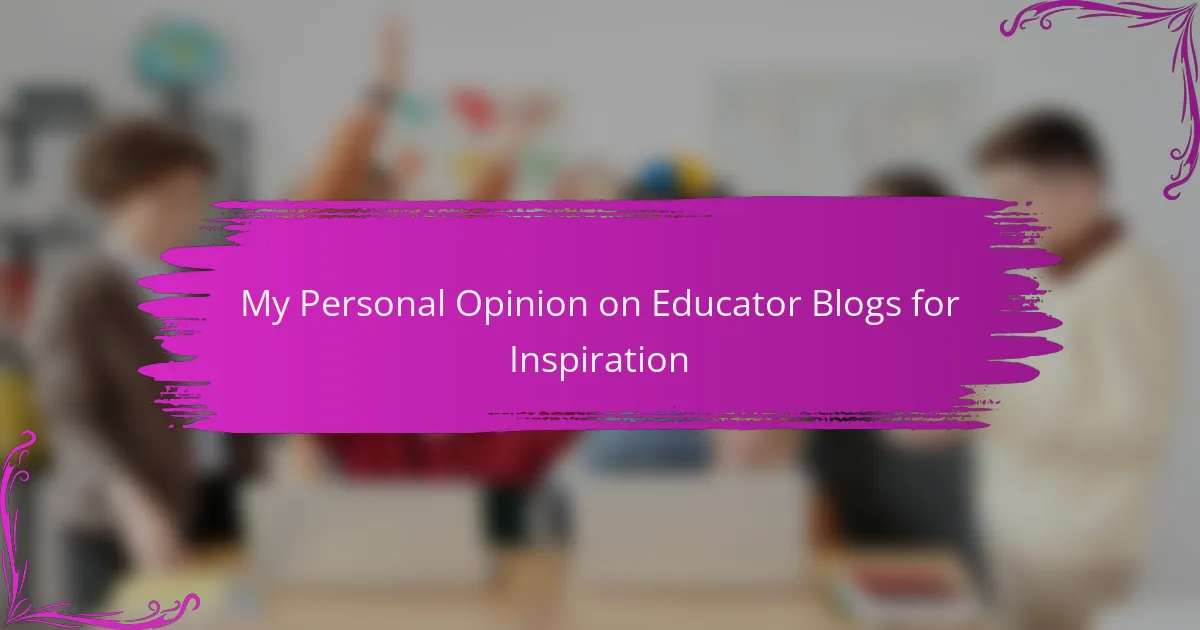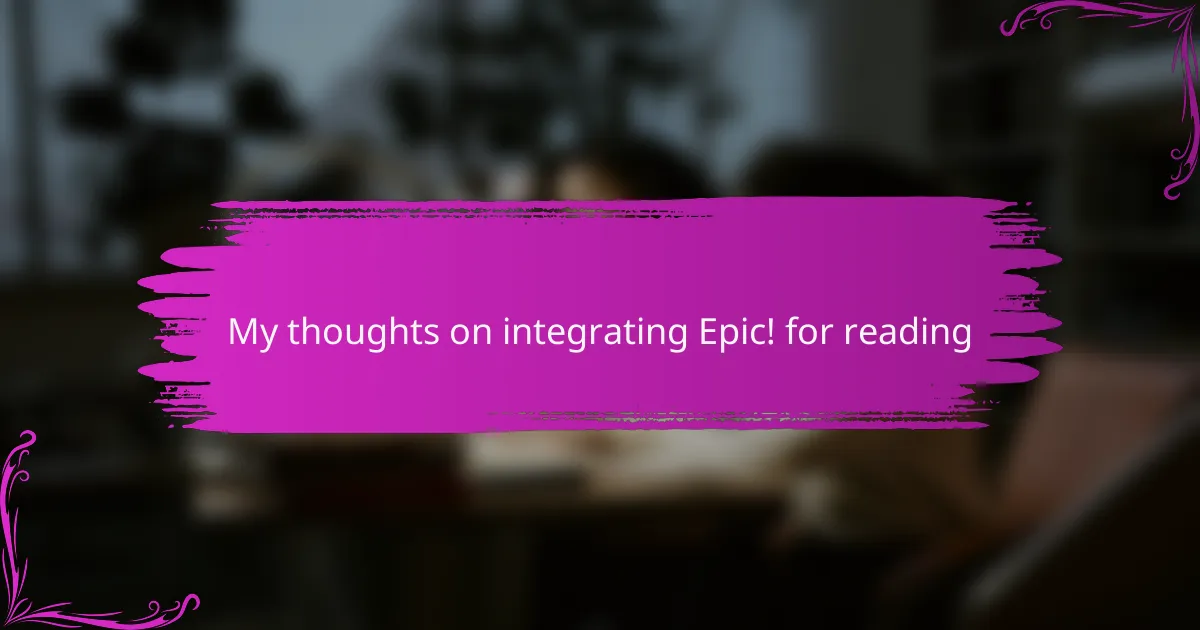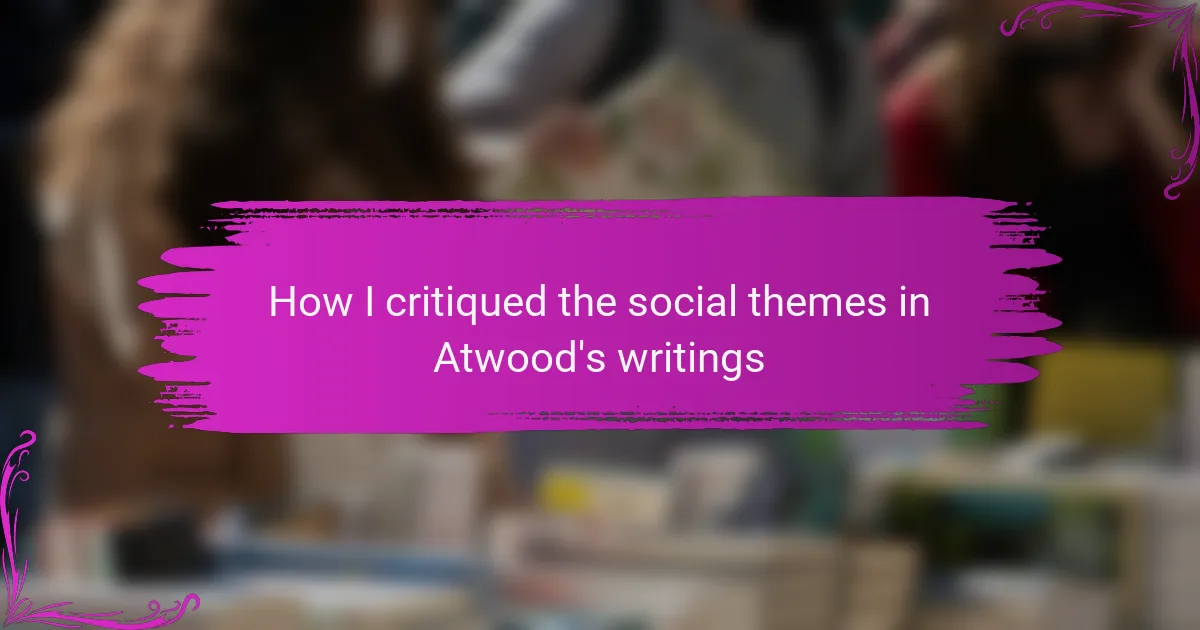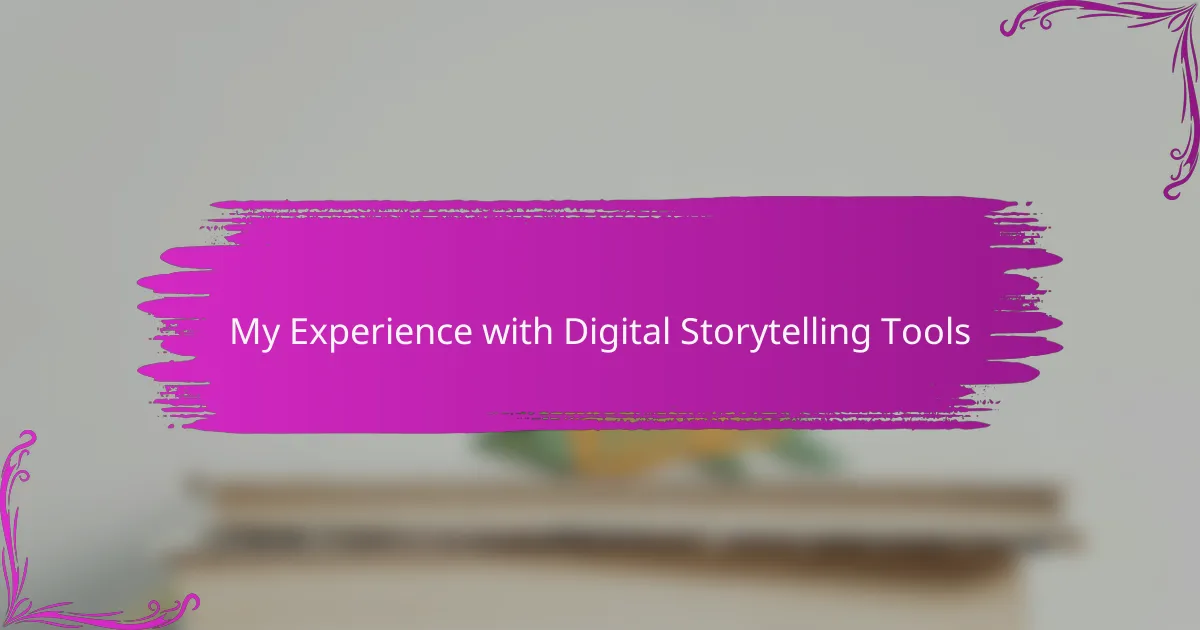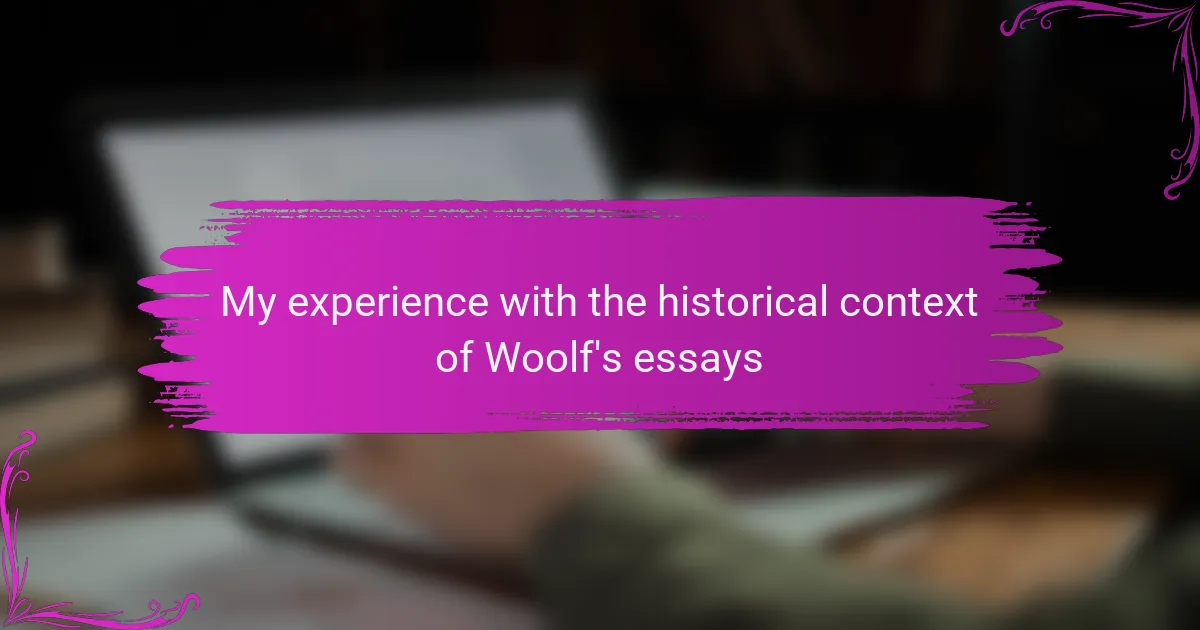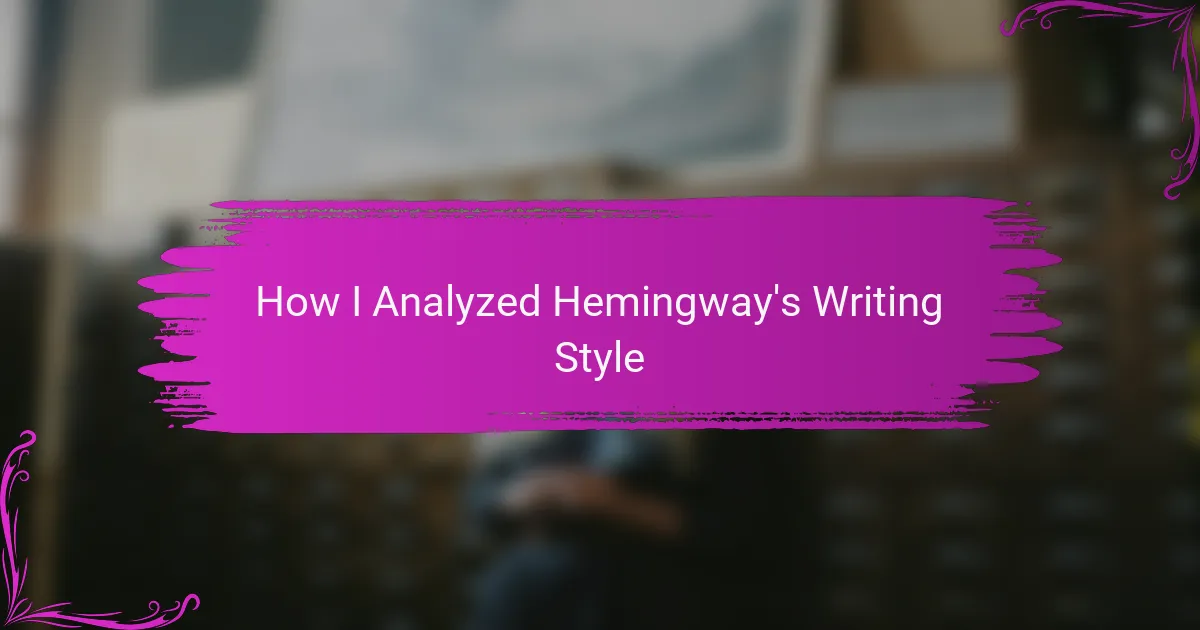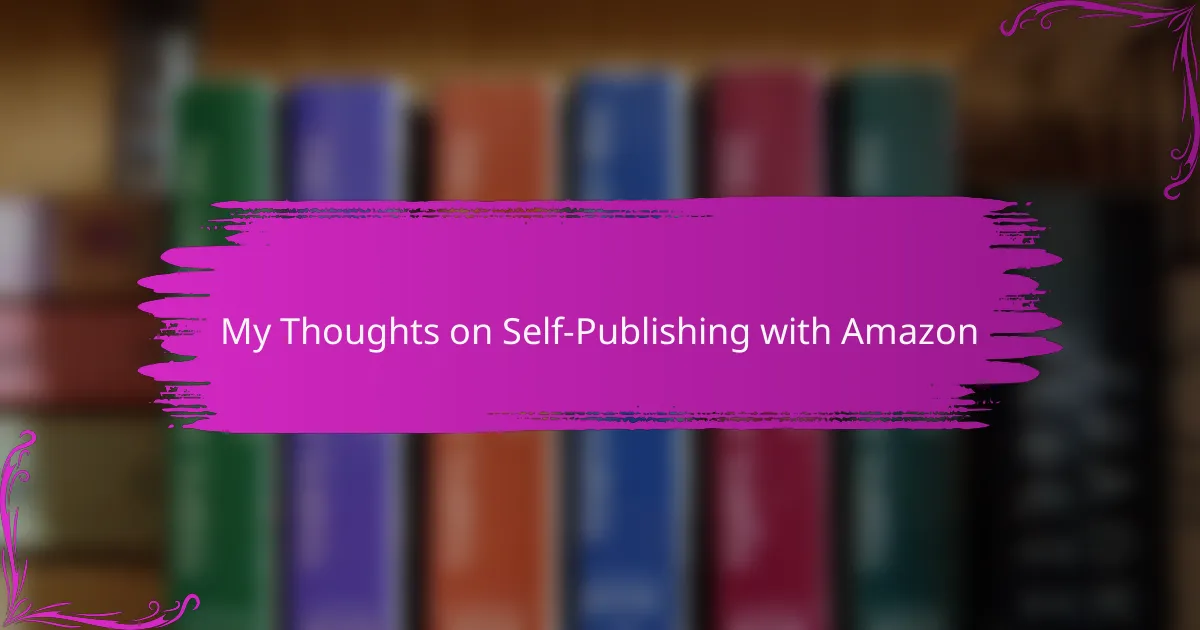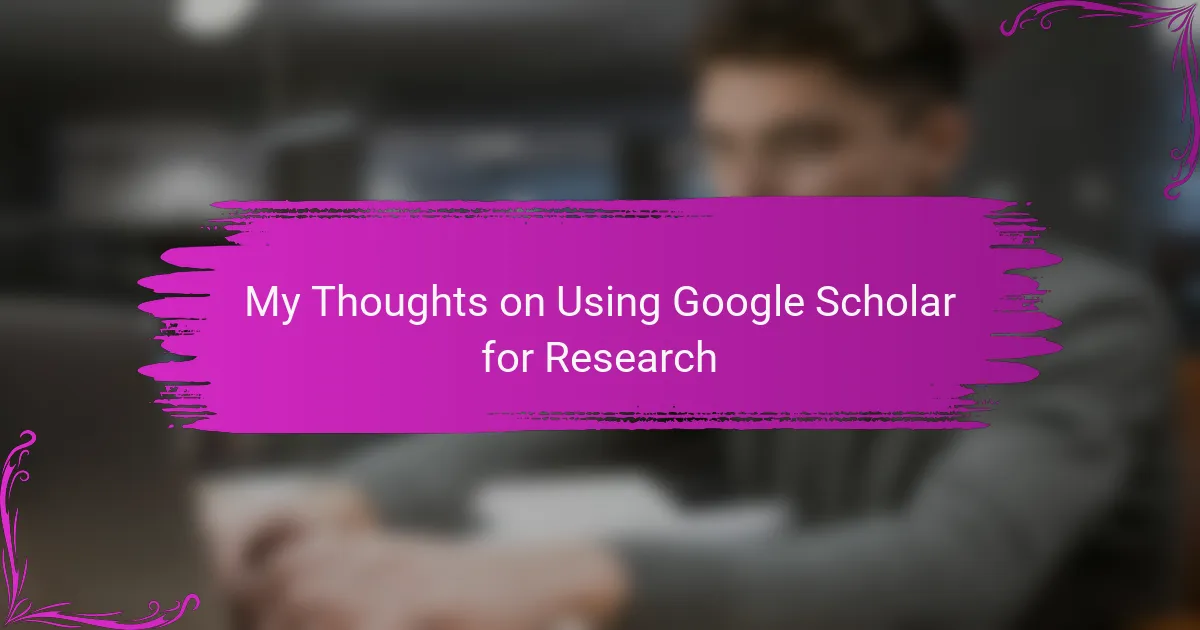Key takeaways Effective feedback in education should be timely, clear, constructive, engaging, and followed up to promote continuous learning. The Seesaw platform enhances the feedback process by providing immediate, interactive responses and involving parents in the learning journey. Students experience increased motivation and ownership of their learning when engaged in reflective conversations about feedback. Seesaw […]
Key takeaways Mark Twain’s humor combines satire, wit, and keen social observation, making his critiques of society engaging and thought-provoking. Humor in literature, as exemplified by Twain, facilitates connections among readers, promotes empathy, and makes complex topics more accessible. Twain’s techniques, such as exaggerated traits and witty dialogue, highlight human behavior’s absurdities while fostering deep […]
Key takeaways Educator blogs offer diverse perspectives and innovative teaching strategies, helping teachers engage students effectively. They create a supportive community, fostering shared experiences and motivation among educators. Blogs provide valuable content types such as curriculum guides, teaching techniques, and success stories that enrich classroom experiences. Following these blogs can reignite educators’ passion for teaching […]
Key takeaways Variety in literature resources, such as graphic novels and digital libraries, significantly enhances student engagement and comprehension. Reading fosters critical thinking, vocabulary development, and confidence in expression, contributing to long-term academic success. Digital tools like Epic! offer personalized learning experiences and gamified elements that motivate students to explore diverse reading materials. Effective strategies […]
Key takeaways Margaret Atwood’s writings tackle significant social themes such as gender inequality, environmental concerns, and power dynamics, prompting readers to reflect on societal norms. Her use of complex characters and dystopian settings enhances the emotional impact of her narratives, making them relevant and thought-provoking. Critiquing literature fosters critical thinking, empathy, and societal awareness, allowing […]
Key takeaways Digital storytelling combines multimedia elements, enhancing engagement and emotional impact compared to traditional storytelling. Incorporating digital storytelling in literature education fosters creativity, critical thinking, and prepares students for a visually-oriented communication landscape. Popular tools like Storybird, Adobe Spark, and WeVideo offer unique features that support diverse storytelling approaches and collaborative learning experiences. Collaboration […]
Key takeaways Virginia Woolf’s essays intertwine personal insights with social commentary, particularly on gender and identity, making her work relevant today. Her innovative stream-of-consciousness style reflects the complexity of human thought and has influenced modern storytelling. Woolf’s exploration of themes like individual freedom and the significance of memory encourages ongoing dialogue about personal and societal […]
Key takeaways Hemingway’s writing style is defined by simplicity and directness, employing short sentences and the “iceberg theory” to convey deeper meanings. His minimalistic dialogue reveals character emotions and relationships, allowing readers to engage actively with the text. Techniques such as close reading and comparative analysis enhance understanding of Hemingway’s unique approach to storytelling. Applying […]
Key takeaways Self-publishing offers creative freedom and control, allowing authors to shape every aspect of their work, including pricing and promotion. Key platforms like Amazon KDP, IngramSpark, and Draft2Digital provide various distribution options; authors should choose based on their specific goals. Embracing feedback and investing in marketing are crucial for growth and connecting with the […]
Key takeaways Google Scholar is a free academic search engine that consolidates scholarly literature, making it easier for researchers to access credible information. Key benefits include access to peer-reviewed articles, advanced search options, citation tracking, and alerts for new publications. Effective research strategies involve using specific keywords, creating topic alerts, and checking citation counts to […]
